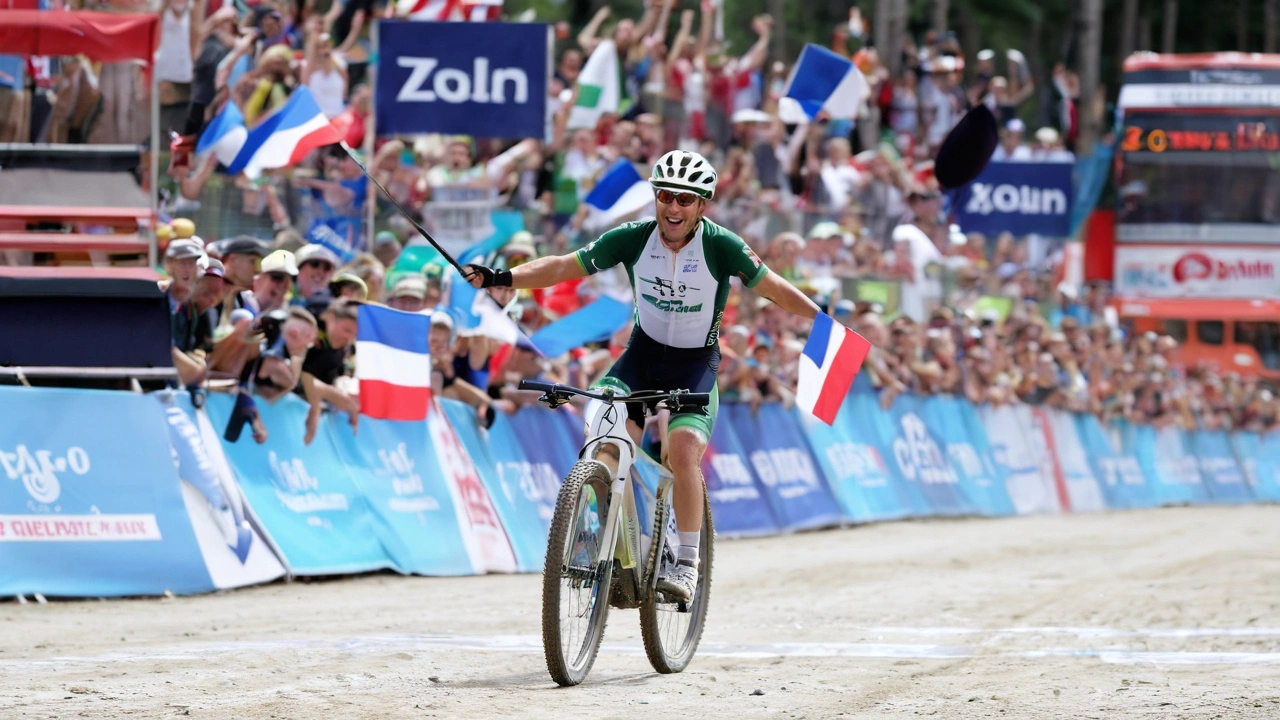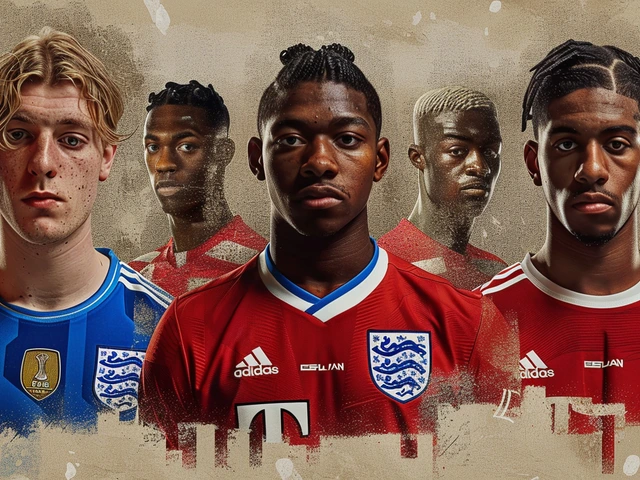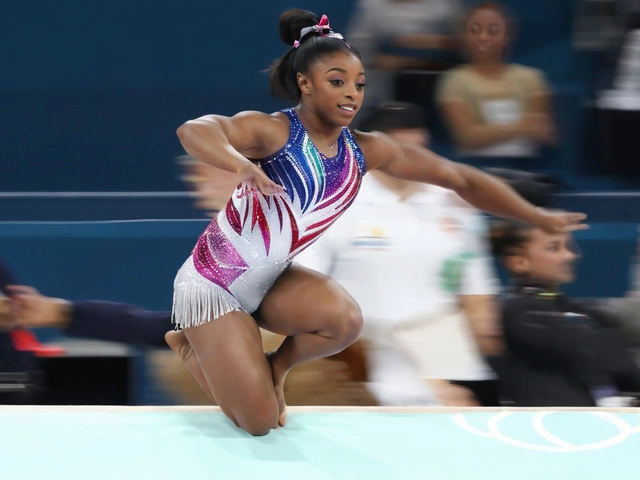Bronze Medal: What It Means and How to Win One
A bronze medal often tells a rich story: you were among the very best in a tough field. It's not second place, not failure, it's proof you reached the podium. For many athletes, artists, and competitors a bronze can change careers, open doors, and spark pride.
Bronze medals come from a long tradition. The modern Olympic bronze first appeared in 1904 after organizers shifted from awarding silver and copper. Bronze is an alloy, mostly copper with tin, and has a warm color that people associate with durable achievement. In team sports, bronze shows depth and resilience: losing one match but recovering to win the third-place contest.
Why bronze matters
Think beyond the color. Bronze signals consistent performance under pressure. It proves you can recover from a setback and finish strong. Sponsors and national bodies notice medals, not just gold. A bronze at a major event can mean funding, selection for bigger tournaments, and media attention. For younger athletes, it's a clear sign they belong at the top level.
There's also psychological value. Winning bronze builds confidence: you learn how to manage defeat and still deliver when it counts. Coaches often use bronze-winning moments to teach mental toughness. Fans remember dramatic bronze matches and third-place comebacks, which can create lasting fame even without gold.
How to aim for bronze
Set realistic goals. If gold is out of reach, a focused plan for bronze improves your odds. Break the event into phases: preparation, execution, and recovery. Practice the outcomes you might face in the second-chance games. Work on quick mental resets so a semifinal loss doesn't derail your whole event.
Match tactics matter. In tournaments with a third-place playoff, conserve energy while staying sharp. Study opponents who drop into bronze play: they often play differently, so adapt fast. In judged sports, aim for clean routines that minimize deductions. In timed events, shave small margins off your best split times—those seconds decide bronze.
Team events need clear roles. Decide who leads in clutch moments and who handles pressure shots. Communication during the match prevents errors that turn a bronze opportunity into disappointment. Physical recovery between matches is huge: nutrition, sleep, and light recovery sessions keep performance consistent.
Caring for the medal matters too. Clean bronze gently with mild soap and a soft cloth; avoid harsh chemicals. Store it where humidity is low to prevent green patina. Some athletes display a replica and keep the original safe to avoid damage.
Finally, tell the story. Share what the bronze meant to you on social media, at school, or in local news. The narrative around a bronze can be as valuable as the medal itself. It connects you to fans, sponsors, and future chances to aim even higher.
Famous bronze moments stick. Think of athletes who used bronze as a launchpad: a sprinter who earned funding after third place, a gymnast whose bronze routine led to Olympic selection, or a team that rebuilt after bronze and won gold. Bronze can be the start, not the end.
South African cyclist Alan Hatherly clinched a bronze medal in the men's mountain bike race at the 2024 Olympic Games on July 29. Battling fierce competition, he finished just 11 seconds behind the winner, Tom Pidcock, marking a historic moment for South Africa in the event.
Recent-posts
May, 21 2024






